Table of Contents
The Importance of Emotional Intelligence in Leadership
“The Human Business is the Main Business of any Business”
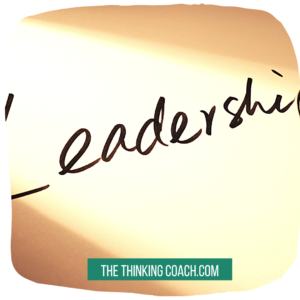
The effect of EQ on leadership is vastly underrated!
Many professionals in high positions tend to ignore the importance of emotional intelligence because they fail to understand the huge significance that human emotions have in every aspect of life, not the least of which in business.
It has been my experience after many years of training leaders on all continents that they tend to avoid the importance of emotional intelligence in the different aspects of their function as leaders.
Take for example Decision-Making, which is a vital leadership skill. Did you realize that most decisions are made with unconscious negative or positive emotions? and did you know that their effects on the outcome of the decision are critical?…regardless of the absolute significance that unbiased facts are the foundation of smart decisions?
Most professionals say that they leave emotions out of their professional decision-making process and they only rationalize decisions…not true! They don’t! Not possible!
Emotions are in every decision whether anybody likes it or not. The question is are they conscious of the emotions and use them intelligently or are they unconscious? in this case they are controlled by emotions, which tend to be unintelligent.
Again, what the majority of decision-makers fail to acknowledge is that they are unconsciously affected by their emotions, which tend to taint their perceptions.
An emotional bias that was formed in the past and we are not conscious of tend to have a critical negative hidden impact on decisions, whereas when the importance of emotional intelligence is grasped the impact is positive, pertinent to the now, and success oriented.
Consciously emotionalizing a decision is an important aspect of strategic thinking where the following formula applies:
Conscious thinking + Conscious Emotions = EMPOWERMENT OF THE NOW
I don’t particularly enjoy math but the above formula is a key one to keep near.
This is just the “tip of the iceberg” of the importance of emotional intelligence in making decisions, but what about other parameters of leadership, such as communication, understanding people, thinking, planning, productivity, prioritizing, team building, empowerment, creativity, and much, much more.
It all begs for a better understanding of what is the place and the importance of emotional intelligence in leadership and in everyday life.
How to Better Understand The Importance Of Emotional Intelligence and How It Impacts Your Performance as a Professional?
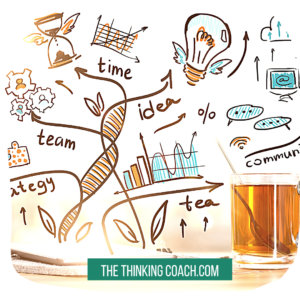 E-motion is the motion of energy, it moves things high or low.
E-motion is the motion of energy, it moves things high or low.
The importance of emotional intelligence is directly influencing the performance level of a professional and can be likened to an escalator. When deliberate positive emotions are used consciously one gets a boost and elevates to a different level and speed of progress just like being on an escalator. You get extra power upwards & forward, effortlessly.
When the emotions align with the thinking and actions your decisions feel right and your communication is influential and effective.
Without it, you can imagine the picture of trying to go up an escalator that is heading down, it just doesn’t feel right. It’s like saying Good Morning to someone and it sounds lifeless as opposed to putting in the kind of emotions to your good morning that makes someone’s morning bright.
Can you envision this?
Emotions have intelligence, high or low, it’s your choice. Positive emotions have high intelligence, negative emotions have low intelligence…it’s simple.
In the culture that we created, we accord much more time and energy to judging and criticizing people, using negative emotions, negative tones, and words, and somehow believe that this will get the job done.
We are mostly accustomed to low negative unintelligent emotions and we think it’s normal. It isn’t.
Moreover, negative emotions are destructive and divisive which weakens people and reduces their performance by 80% as numerous studies show – It Is That Critical.
Negative emotions are a result of dysfunctionality and the absence of trust, whereas positive emotions create opportunities which is what happens when people are emotionally vested in what they do, feeling inspired, motivated, and on the same page.
The Media has become a tool for negativity through a judgmental and alarming usage of the tone of voice that is used, they may use the right words but then again words have a 10% effect whereas the tone of voice has a 50% effect and body language 40% effect (as vast amount of studies show beyond a shadow of a doubt)
10 Critical Steps to Becoming Emotionally Intelligent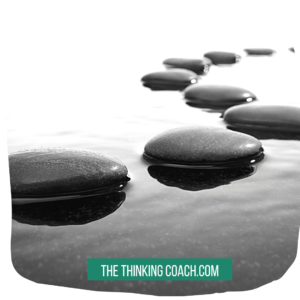
- Empathy – providing the feeling that “you are not alone” we are on the path together, thus em-path-y. example: when people make mistakes you help them not hurt them
- Compassion – a powerful energy that moves people through emotional connection. You feel for them, and when you feel you can help
- Active listening – showing genuine interest in what a person says by listening and asking relevant questions, which demonstrates care
- The power of smiling – smiles do go miles and in many directions. It’s the simplest most effective EQ strategy there is which eases the stress of another
- The power of apology – dealing wisely with our imperfections and “resetting the button of all disarray” by making apology count. Make it real, exact, and specific with sincerity…
- Emotionally intelligent feedback – balancing confirmation & correction using a simple technique that grows TRUST. tell them their long-standing strengths and fit in the correction in the middle (I’ll show you how)
- Problem-solving with E.Q – not panicking, but instead finding the big picture, “the solution is never where the problem is”. Example: To help yourself help others
- Communication – Tone of voice, body language, and words that align to make a powerful message – The secret to success is right there. Words have only 10% importance would you believe…
- Unifying the workplace – working to build trust and humanity that fosters cohesion & unified inspiration.
- Self Motivation – if a person understands the importance of emotional intelligence to their professional excellence motivation becomes an inner state rather than relying on outside motivation. Nothing wrong with outside motivation but for motivation to last it has to be on the inside first.
Locating Key Questions About The Importance of Emotional Intelligence in the Life of a Professional
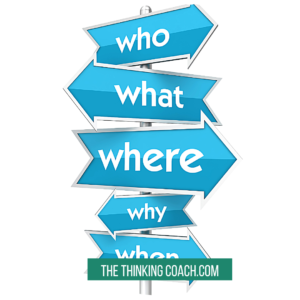 Have you ever trained in emotional intelligence?
Have you ever trained in emotional intelligence?- Does your level of thinking invite the right kind of emotions that are intelligent to the need of the moment?
- When you make decisions do you consider the importance of emotional intelligence (IQ)?
- Do you “consult” your gut before you make decisions?
- Have you seriously considered the overall importance of emotional intelligence to your business?
- Do you consider the feelings of other people in a way that you can feel them in you?
- Do you know how to demonstrate empathy in a way that others can feel it?
- Do you consciously use emotional intelligence when you communicate?
- Do you know how to demonstrate humility as a leader?
- Can you demonstrate active listening as means of showing care?
These and many other questions will show you the importance of emotional intelligence in your personal life and as a professional. It is a tool that yields great ROI and “separates the wheat from the chaff “
How to Think and Invite Intelligent Emotions
Have you ever felt something bothering you and making you feel not at ease? I am sure you had that experience, we all did.
So you go searching your mind, backward tracing where that came from, “hunting” for what was the trigger.
And then you find it. It’s a thought you had that triggered an emotional chain response…Sounds familiar?
Here is the lesson…what we think triggers an emotional response that is often semi-conscious. Thoughts and emotions are connected and therefore the importance of emotional intelligence to our ability to think effectively is huge.
So…if you want to be emotionally intelligent go to the source, learn to become conscious of your thinking, and better still, start trying to control what and how you think about, things, people, circumstances, and most importantly yourself.
The way you think is an invitation to emotions, negative or positive, not intelligent or intelligent, you decide.
So the question becomes: Can You Do It?
My experience is that most people are not aware of the connection between how they think to how they feel and often blame others for their negative feelings.
It’s the difference between conscious and unconscious, becoming your own leader or letting the outside control you by controlling your level of thinking and consequently the level of the intelligence of your emotions.
Why is this important? Well, because the emotions are the Positive EMPOWERMENT or the negative DESTRUCTION, it is a powerhouse of energy that can be used to build, help and inspire or the opposite.
The good news is that this can be corrected through professional leadership training, and after a while become a tremendous asset for any professional who wants to take their human skills and professional skills to the next level.
This is a game changer for the diligent professional that will open a new world, a truly Big picture.
It is then, that one will realize the importance of emotional intelligence to their professional aspirations and continued success.
The Thinking Coach Leadership Development Seminars
The Thinking Coach seminar that focuses on the importance of emotional intelligence in leadership has proven to be a game-changer for many professionals who discovered a powerful tool that gets things done with added value and effectiveness.
This leadership training seminar, which is part of a broad leadership skill development program, addresses these vital aspects and provides professionals with the practical skills they can use on a daily basis.
The workshop gives them the experience of combining emotional intelligence with strategic thinking and strategic communication, which elevates their assertiveness, charisma, and effectiveness to new heights.
Eli Harari
The Life Coach for Professionals™

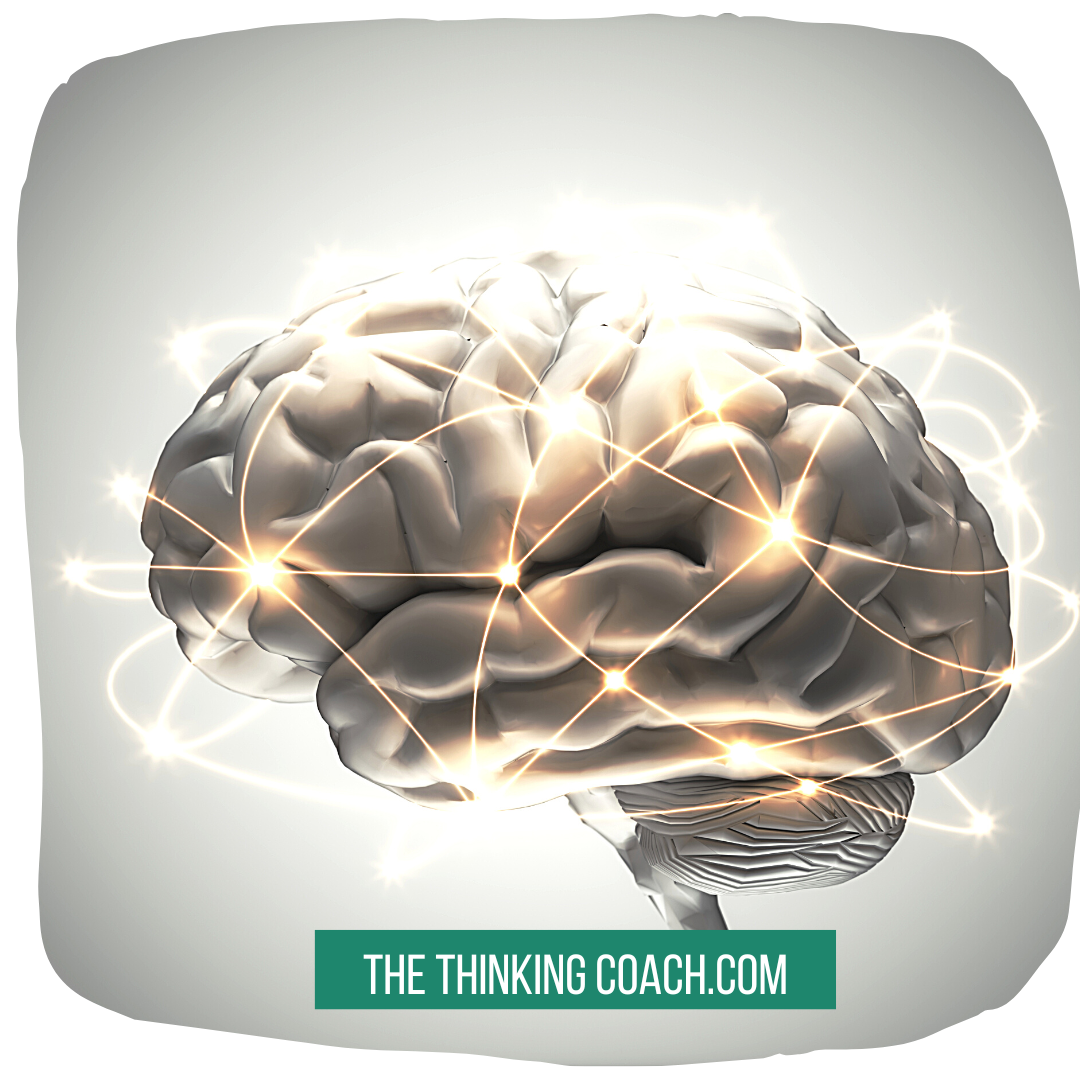

Pingback: 4 steps In Strategic Planning To Build Business Relationships
Pingback: Leadership Development Training - 5 Enhancing Skills for Effective Leadership
Pingback: 6 Proven Keys to Motivational Leadership That Cultivate Trust and Growth